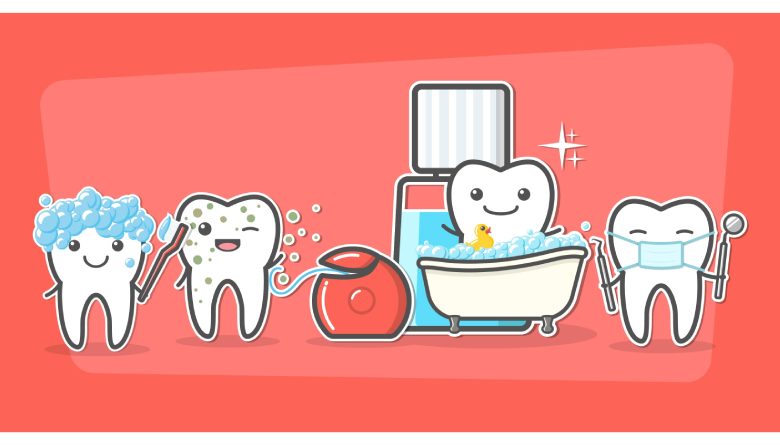Taking care of your skin is an important part of overall health. After all, the condition of your skin is an indication of your general health, and certain skin problems can be red flags for more serious problems (like hormonal imbalance, digestive challenges, and so on). Playfulness and lightheartedness can coexist with serious health information, technological advancements, and creative chemical musings. And that’s why I enjoy working in this industry so much: (and, well, my job). Stunning aesthetics are present in every facet of our lives.
This February, when many people focus on heart health because it is American Heart Month1, remember to keep your skin health in mind as well. In reality, there is a closer connection between the two than you might imagine.
Heart health is tied to one’s appearance of skin.
The term “inflammation” has lost some of its precision in recent years, but chronic inflammation is at the root of every undesirable health issue, including heart disease. What’s more, did you know what? An inflammatory response in the skin may indicate a more systemic problem. Even more convincingly, a study published in 2019 linked skin dysfunction to a wide range of chronic-inflammatory diseases.
We understand that the term “skin dysfunction” may sound strange.
An increased risk of cardiovascular problems has been linked to more severe skin conditions (such as eczema and psoriasis), which may be caused by inflammation. Board-certified dermatologist and founder of Dr. Bailey Skin Care Cynthia Bailey, M.D., says even minor skin issues can increase the risk of cardiovascular disease.

She explains that as we get older, “simple skin barrier weakening associated with age” causes “increased circulating blood markers of inflammation.” (This idea is called inflammaging3.) “The common and major age-related health issues, such as cardiovascular disease, diabetes, osteoporosis, and Alzheimer’s, are also associated with an increase in these inflammatory markers,” the authors write.
The use of barrier repair moisturisers was shown to decrease levels of pro-inflammatory cytokines in the blood, as seen in the aforementioned 2019 study. Coincidence? Even Bailey disagrees with us on this one.
At the risk of repeating myself, your skin is the largest organ in your body. It shields your heart and other vital organs from harm.
Also Read : Alvi Advocates For Deeper Economic And Academic Ties With Sri Lanka.
Expert on skin care and founder of CV Skinlabs Pamela Friedman says, “Below the surface of the skin is a fat layer that protects your bones, nerves, and circulation from extreme heat and cold.” “It also acts as a cushion against blows and a battery by storing energy.” The close relationship between cardiovascular health and skin health may be due in part to the fact that a compromised skin barrier makes the skin more susceptible to damage from environmental factors.
In terms of urgency, would you say that skin problems come before heart problems?
In his 35 years of clinical experience, Bailey has observed that “middle-aged to elderly patients with dry skin are often also likely to have health problems, such as heart disease,” as indicated by the presence of diuretics and statins in their prescription regimens.
It begs the question of whether the patients’ dry skin contributed to the onset of their heart problems or whether the underlying inflammation caused the skin to dry out. Could it be that the medications caused the dryness? This creates a “chicken-and-egg” dilemma that science has yet to fully resolve.
However, “there is real evidence linking good skin to a healthy heart,” as Bailey puts it. According to my expert opinion, hydrating skin care is an essential part of a healthy lifestyle for reducing overall physiologic inflammation.
Protect your skin and your heart by learning how to improve its barrier function.
Thus, skin barrier support is worthwhile in addition to conventional methods for maximising heart health, such as regular cardio exercise, a balanced diet rich in omega-3s, etc. Both Bailey and Friedman stress the importance of maintaining a healthy skin diet by using a moisturiser with a balanced combination of humectants, emollients, and occlusives to draw in and retain moisture.
Bailey recommends always applying a nourishing moisturiser after a shower, ideally within three minutes of drying off with a towel. To further seal in moisture and provide your skin with nourishing fatty acids, you can top off your moisturiser with a fast-absorbing dry oil.










Leave a Reply